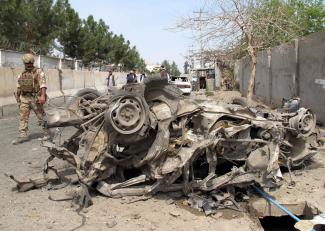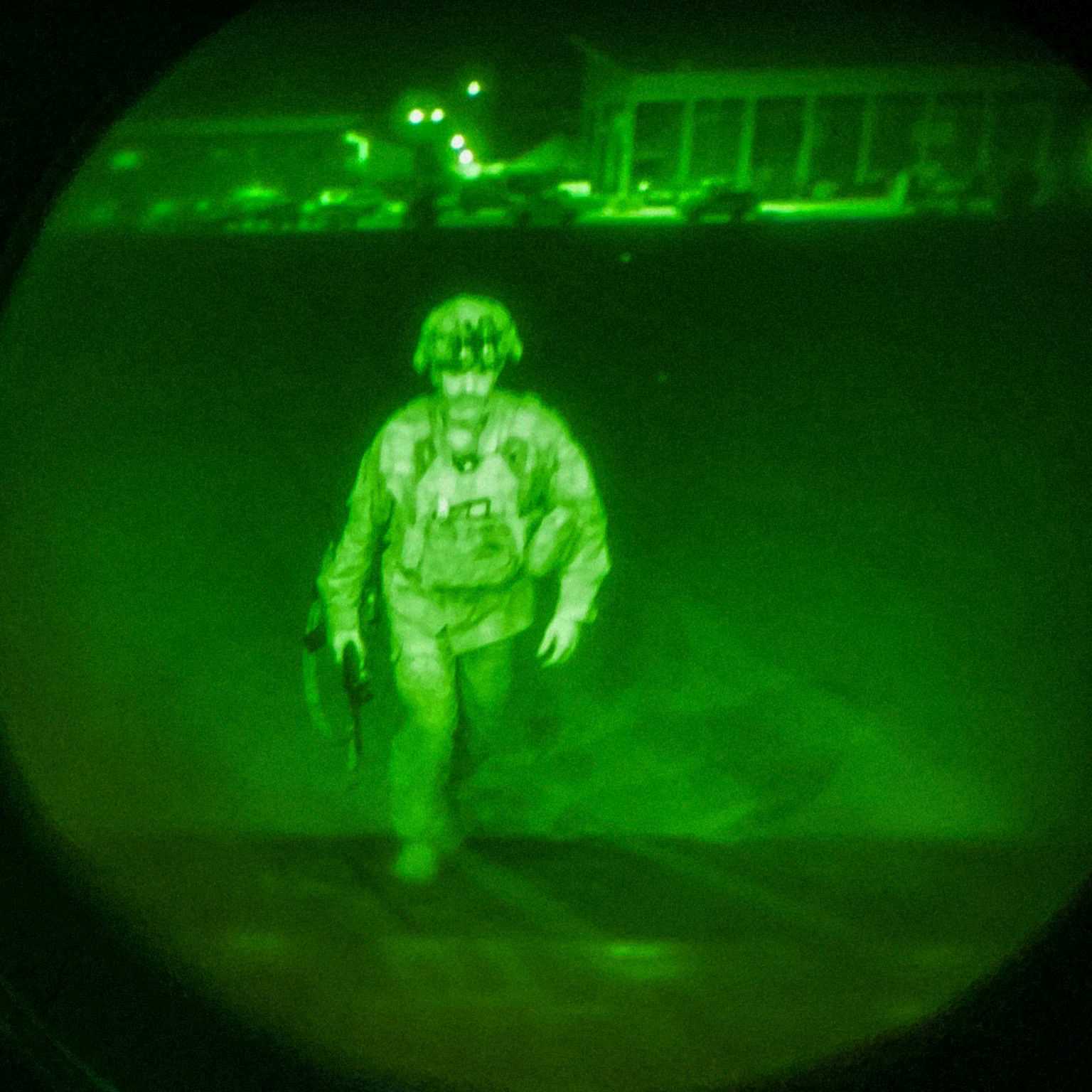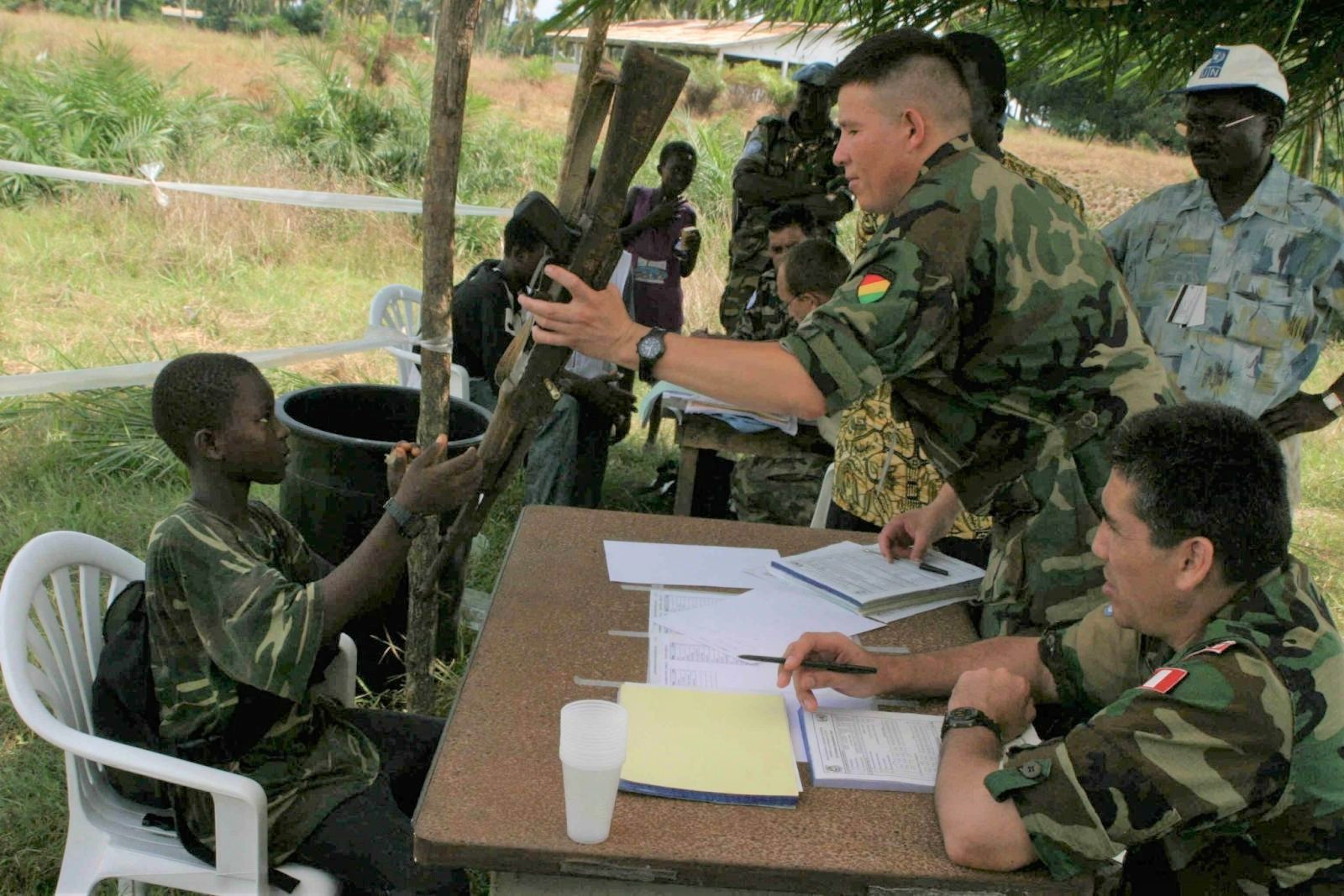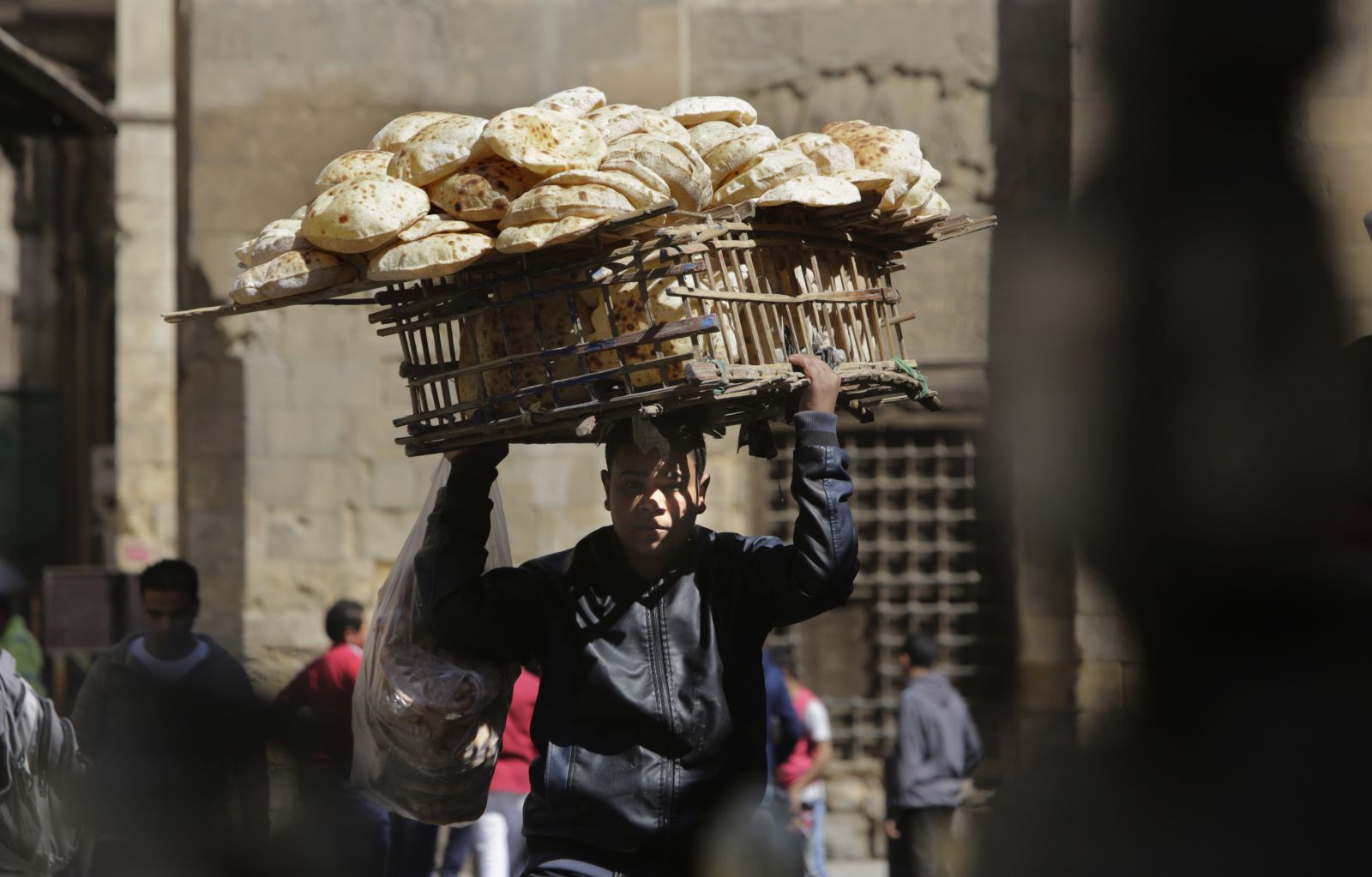Civil strife
“Bandits in uniform”

Western media hardly mention Afghanistan in the context of Islamist violence any more. After 11 September 2001 the country was considered the hub of terrorism. What has changed?
Perceptions have changed. Today, the media focus on ISIS in Iraq and Syria, Al Shabab in Somalia or Boko Haram in Nigeria, but the Taliban do not figure any more. Events in Afghanistan or Pakistan are simply not put in the same context.
So the Taliban are still dangerous?
Yes, and they are becoming even more dangerous. In view of ISAF’s withdrawal, violent conflicts are intensifying in Afghanistan. The death toll has increased by 20 to 30 % in recent months, and outfits that can be considered Taliban are contributing to the mayhem.
Are the Taliban still a fundamentalist religious grouping, or are the an ideologically more diverse militia organisation?
Well, it is impossible to clearly split Islamist motives from other motives that relate to Afghanistan’s political economy. But that is no different in the case of ISIS or of Boko Haram.
Does Ashraf Ghani, the new president, have a firm grip on power?
That is hard to tell. The election result was controversial for months, and there was a recount. It took three months for him to become the acknowledged victor. It would probably have taken even longer without a power-sharing agreement with his opponent Abdullah Abdullah. This agreement was brokered by the USA. Abdullah is now the government’s chief executive, serving in a prime-minister type function. It took Ghani another six months to finally install his cabinet early this year. The reason was probably that the two top leaders with their huge egos now must find consensus on all issues. So far, it is impossible to assess how effective the new government will be.
Is it doomed to fail because of the two clashing egos?
No, not necessarily. In terms of policy, Ghani and Abdullah are actually quite close. Cooperation with Abdullah, moreover, has the upside of involving the networks that support Abdullah – such as the Northern Alliance. Ghani and Abdullah have both studied in the West. They are open to modern ideas.
Do you see any positive signs?
The absence of the big warlord names from the cabinet is certainly remarkable. Ghani’s outlook seems to be technocratic, with a focus on ministers having an understanding of their briefs. His predecessor Hamid Karzai, in contrast, was only interested in power relations.
He was often made fun of, however: in view of the difficult security situation, people said he was not much more than the mayor of Kabul. Does the power of the new government extend farther?
Well, the situation is becoming ever more fragile. Western support is being reduced at breath-taking speed – and not only in regard to military issues. The Afghan police will be on its own in two years. USAID is withdrawing; British aid is being reduced too. Because of this trend, we must expect things to get worse in Afghanistan in the coming months. Two numbers suffice to indicate the scale of the problems: the Afghan government needs about $ 4.5 billion for the military and its police force, but it only collects taxes and tariffs worth about $ 1.5 billion. So unless it gets some money from somewhere, it cannot even maintain the unsatisfying current level of security.
It seems things would be better if the government could tax the illegal drugs economy, to put it sarcastically.
You have a point, but there is currently a polite international consensus not to discuss the drugs trade at all, even though it matters a lot. The drugs economy has actually diversified. For many years, it was all about opium production, but today, a lot of money is being made with hashish as well. The black market is obviously fuelling violence, and criminalising smallholder farmers and petty traders has made many people join the insurgents.
In the past years, it was said again and again in Germany that the West would not abandon Afghanistan once the troops leave. Now such promises seem empty.
Germany is playing a positive role of its own, with aid pledges extending over three, four years. This time span means that the Afghan government can plan. Unfortunately, other countries are reducing their support much faster.
So the situation looks hopeless?
It definitely looks very difficult. An interesting question, however, is whether the Taliban will succeed in creating a new narrative. So far they have been mobilising against “the infidels” or “the Americans”. There is reason to doubt this will work in the future. Some groups among the Taliban even find things to like about President Ghani. For instance, he is reaching out to the government of Pakistan, whereas Karzai tended to emphasise tensions. The scenario is really quite complex.
And what is it like in Pakistan?
It is also very difficult, and it is made even more difficult by India’s support for insurgents in the Province of Balochistan. At the same time, Pakistan is supporting the Taliban of Mullah Omar’s Quetta Shura, an outfit that is active in Afghanistan. However, the same outfit is an ally of rebels who are fighting the Pakistan Army in Waziristan. It is hard to tell who is who’s ally in which context, and things can change fast. The setting in the frontier region is basically as it was in the 19th century, when Britain kept pitting various tribes against one another.
So there are no positive results of western engagement since 2001?
Well, whatever success there has been is in danger of eroding fast. Civilian withdrawal is happening too fast to maintain anything like governability in the cities. The hopes to build a modern state fast were overblown. That goal was tremendously ambitious given the country’s ethnic and religious diversity, its rugged geography and historical experience.
Does that mean that the violations of fundamental rights that, as Human Rights Watch reported recently, were perpetrated by the West’s Afghan partners were inevitable?
These are very tragic side effects of the kind that we witness in post-conflict situations time and again. In the case of Afghanistan, however, a conscious decision is at the root of the problems. In the past years, the international community opted for training security forces in a fast and rather rough manner. Human rights, the rule of law et cetera were not prioritised. The result was “bandits in uniform” instead of not law-abiding police officers.
Will the framework agreement that the five permanent members of the UN Security Council in Germany recently concluded with Iran to limit Tehran's nuclear programme have an impact on Afghanistan?
Well, one should hope that Afghanistan will become another test case for rapproachment of the USA with Iran. Tehran and Washington have similar goals in regard to some challenges, including the drugs economy and the resurgent Taliban. On the other hand, we must take into account that Pakistan and Saudi Arabia, to long-standing allies of the USA, are pursuing goals of their own in Afghanistan, and they have always considered Iran an adversary. Afghanistan is a regional conflict, like Yemen, where sectarian affiliations are mobilised to gain and defend regional power. In Afghanistan, about 20 % of the people are Shia Muslims.
It is often said that a civil war bleeds dry after 30 years because the people become war-weary and do not even remember why they are fighting. That does not seem to be happening in Afghanistan.
The people are certainly war-weary. Since 1979, there has been constant fighting. However, the problem is that they don’t remember peace any more. The situation is similar in South Sudan. It would be a mistake for western governments to lose sight of Afghanistan simply because of disappointment.
Conrad Schetter is director for research at the Bonn International Center for Conversion (BICC).
schetter@bicc.de











